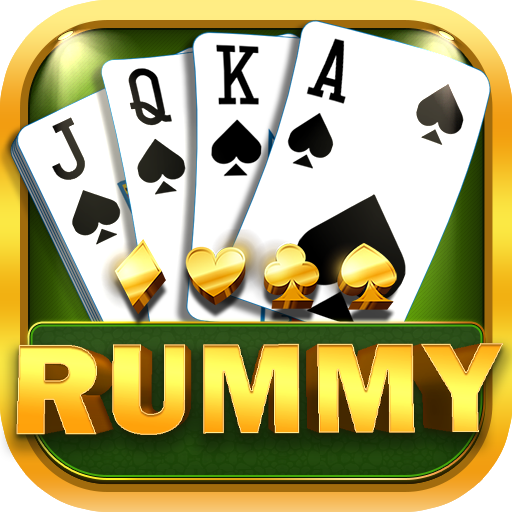How to Play Rummy, Rummy is a classic card game that combines skill, strategy, and a bit of luck. Whether you’re a novice or looking to refine your skills, understanding the rules and strategies can enhance your enjoyment of the game. This guide provides a thorough overview of how to play rummy, covering the basics, game variants, and essential tips to improve your gameplay.
Objective of Rummy
The primary objective of rummy is to form valid sets and sequences of cards. A set consists of cards of the same rank but different suits, while a sequence (or run) consists of consecutive cards of the same suit. The game is won when a player successfully arranges all their cards into valid sets and sequences and discards their final card.
Basic Rules of Rummy
Number of Players
Rummy can be played with 2 to 6 players. The game is usually played with one or two standard 52-card decks, depending on the number of players.
Card Values
- Number Cards (2 to 10): These cards hold their face value. For example, a 5 of Hearts is worth 5 points.
- Face Cards (Jack, Queen, King): Each face card is worth 10 points.
- Aces: In most rummy games, Aces are worth 1 point and can be used as either high or low in sequences (e.g., A-2-3 or Q-K-A).
Dealing the Cards
- Shuffle the Deck: Shuffle the deck thoroughly before dealing.
- Deal Cards: The number of cards dealt depends on the number of players:
- 2 Players: 10 cards each.
- 3 to 4 Players: 7 cards each.
- 5 to 6 Players: 6 cards each.
- Form the Stock and Discard Pile: Place the remaining deck face down to form the stockpile. Draw one card from the stockpile and place it face up to start the discard pile.
Game Play
- Draw a Card: At the start of each turn, draw a card from either the stockpile or the discard pile.
- Arrange Cards: Organize your cards into valid sets and sequences. You may choose to lay down your sets and sequences on the table or keep them in your hand.
- Discard a Card: At the end of your turn, discard one card onto the discard pile. This is crucial for completing your turn and influencing your opponents’ strategies.
Winning the Game
The game ends when a player forms all their cards into valid sets and sequences and discards their final card. This player declares and wins the game. The remaining players’ cards are then scored to determine the final standings.
Types of Rummy Games
1. Points Rummy
In Points Rummy, each card has a specific point value. Players aim to have the lowest point total by the end of the game. The winner is the first to form valid sets and sequences and declare.
2. Pool Rummy
Pool Rummy involves playing multiple rounds, with players aiming to keep their scores below a predetermined limit (101 or 201 points). The player with the lowest score at the end of the game wins.
3. Deals Rummy
Deals Rummy is played over a fixed number of deals or rounds. Players accumulate points based on the cards they hold after each round, and the player with the highest number of chips at the end of all deals is declared the winner.
Tips and Strategies
1. Organize Your Hand
- Group Cards: Arrange your cards into groups and sequences as soon as possible to minimize high-point cards.
- Discard Wisely: Avoid discarding cards that could help your opponents complete their sets or sequences.
2. Observe Your Opponents
- Track Their Moves: Pay attention to the cards your opponents pick and discard. This can provide insights into their strategies and the sets or sequences they are forming.
- Adjust Your Strategy: Adapt your gameplay based on the cards your opponents are collecting or discarding.
3. Plan Your Melds
- Form Sequences First: Sequences are generally more flexible and crucial for winning. Prioritize forming sequences over sets.
- Use Jokers Wisely: Jokers can substitute for any card in a set or sequence. Use them strategically to complete your melds.
4. Stay Focused
- Avoid Distractions: Concentrate on the game and your strategy. Distractions can lead to mistakes and affect your performance.
- Practice Regularly: The more you play rummy, the better you’ll become at forming sets and sequences and strategizing against opponents.
Conclusion
Rummy is an engaging and strategic card game that offers endless fun. By understanding the basic rules, learning different game variants, and employing effective strategies, you can enhance your rummy experience and increase your chances of winning. Gather your friends, shuffle the deck, and enjoy the challenge and excitement of rummy!





